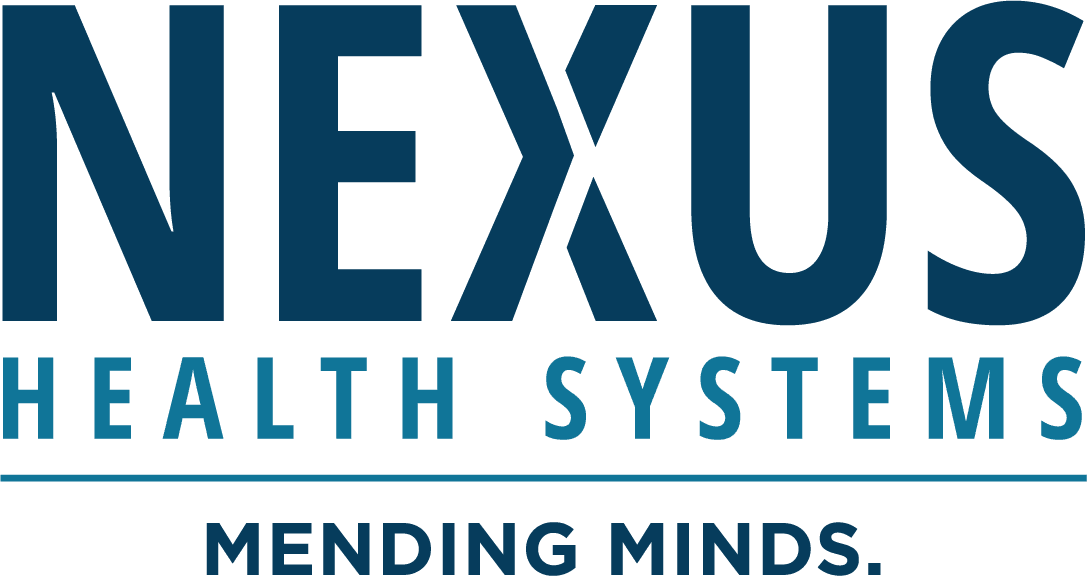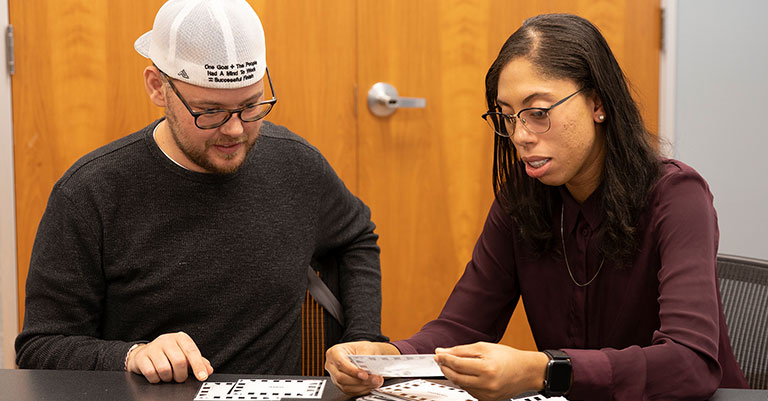After sustaining a blow to the head, you may find yourself wondering if you or your loved one has experienced a concussion or mild traumatic brain injury (TBI). In fact, concussions are a form of mild TBI. Mild TBIs are the most prevalent, and often misdiagnosed, type of brain injury. In this article, we explore what a concussion is and how it’s treated.
What is a concussion?
A concussion is a type of mild TBI that occurs when a blow, jolt, or sudden impact to the head causes the brain to move rapidly back and forth inside the skull. This movement can disrupt normal brain function, leading to temporary changes in how the brain processes information. Concussions can result from falls, sports injuries, car accidents, or other incidents involving a forceful impact. According to the Centers for Disease Control and Prevention, falls lead to roughly half of TBI-related hospitalizations.1
Symptoms of a concussion can vary widely. Some appear immediately, while others may develop hours or even days after the injury. While most concussions are not life-threatening, repeated concussions can lead to long-term complications. If you suspect that you or your loved one has experienced a concussion, it’s essential to seek medical attention to ensure proper diagnosis and treatment.
Symptoms of a concussion may include:
- Headaches
- Having more trouble than usual remembering things, concentrating, completing daily tasks, making decisions, or solving problems
- Delayed processing speeds resulting in slowed thinking, acting, speaking, or reading
- Getting easily confused
- Neck pain
- Lack of energy
- Changes in sleeping patterns
- Sleeping more or less than usual
- Loss of balance, feeling light-headed or dizzy
- Increased sensitivity to light and sound
- Blurred vision
- Loss of taste or smell
- Ringing in the ears
- Mood changes or lack of motivation
- Becoming easily irritated or angry
Why You Should Take a Concussion Seriously
Concussions can have a lasting impact on children and adults. Danger signs range and include looking very drowsy, losing consciousness, having convulsions, being unable to recognize people or places, or having one pupil larger than the other. Children may also be inconsolable or refuse to nurse or eat.
Depending on the severity of the concussion, individuals will need to rest and avoid or limit activities that require thinking and concentration. You may need to shorten school and work days. Some individuals may also need to complete neurorehabilitation post-concussion, including physical, speech, and cognitive therapy.
What is the treatment for a concussion?
The primary treatment for a concussion is rest and allowing the brain to heal. This involves both physical and cognitive rest, which means avoiding strenuous physical activities as well as mentally taxing tasks, such as reading or anything that requires intense concentration. The goal is to reduce stress on the brain and prevent further injury while it recovers.
Key steps in concussion treatment include:
Medical Evaluation
After a concussion, it’s essential to see a healthcare provider who can assess the severity of the injury, monitor symptoms, and provide personalized care recommendations.
Gradual return to activity
As symptoms improve, patients are typically guided through a step-by-step process to gradually return to normal activities, including school, work, and sports. This process should be supervised by a healthcare professional to avoid secondary injuries.
Symptom management
Over-the-counter pain relievers like acetaminophen can help alleviate headaches. However, NSAIDs such as ibuprofen or aspirin should be used cautiously, especially immediately after the injury, as they may increase the risk of bleeding.
Monitoring and follow-up
Ongoing monitoring is crucial to track symptom progression and watch for complications, such as post-concussion syndrome (persistent symptoms lasting weeks or months).
Physical, speech, and cognitive therapy
In some cases, your doctor may recommend skilled therapies to address specific symptoms, such as balance issues, dizziness, or difficulty focusing.
Recovery times vary depending on the individual and the severity of the concussion, but most people recover fully within days to a few weeks. It’s critical to avoid rushing back into high-risk activities too soon, as another head injury during recovery can lead to more severe complications, such as second-impact syndrome. Always follow the guidance of your healthcare provider to ensure a safe and complete recovery.
Have a question about mild traumatic brain injuries or neurorehabilitation and therapy post-concussion? Contact our admissions team to learn more about the right type of treatment for you or your loved one.

